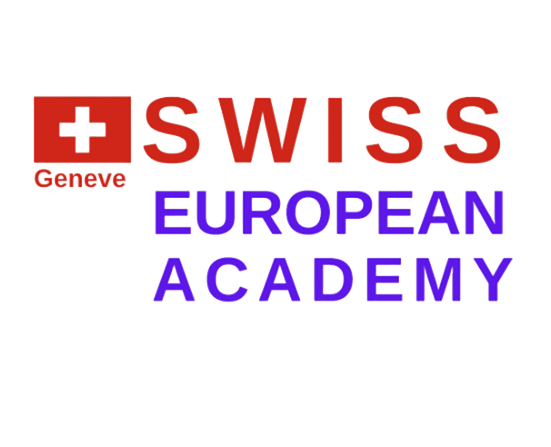LANGUAGE & COMMUNICATION
The objective of Program in Tourism and Hotel Management is to equip students with knowledge and skills required in services, cuisine, reception and public relations in the hospitality industry. It helps students develop a wide range of industry-specific and soft skills. These range from customer service skills, cultural awareness, and communication to multitasking, foreign languages, teamwork, and attention to details.

A language and communication curriculum typically includes the following key components:
- Grammar and Vocabulary: Study of the basic grammatical structures of a language, rules of spelling, punctuation and vocabulary for the correct and effective use of language.
- Reading and Comprehension Skills: Developing skills in analyzing and understanding various texts, including scientific, artistic, business and academic texts.
- Writing Skills: Learn the basics of written communication, including composing letters, essays, reports, resumes and other texts of various genres and styles.
- Oral Communication: Develop oral communication skills, including the ability to express your thoughts, conduct dialogues, discussions, presentations and business negotiations.
- Intercultural communication: Studying the characteristics of intercultural communication, norms and standards in different cultures, overcoming language and cultural barriers. Effective communication strategies: Mastering the techniques of active listening, empathy, conflict management, persuasion
and influence, as well as improving effective communication skills in various situations. - Business communication: Studying the specifics of business communication, including formats of business letters, presentations, negotiations, as well as professional communication skills in the work environment.
- Critical thinking and text analysis: Developing the ability to critically analyze texts, evaluatein formation, argumentation and expression of one’s own opinions.
- Technology and Communication: Study of modern communication technologies, including email, social networks, video conferencing, their role in modern communication and rules of online etiquette. The curriculum usually includes both theoretical and practical lessons, and also writing, reading, speaking and communication tasks. Psychology typically covers a wide range of topics related to the study of human behavior and mental processes. Here are the main components of such a program: Introduction to psychology: An overview of the main directions, methods and theories of psychology, the history of the development of the science of psyche and behavior.
